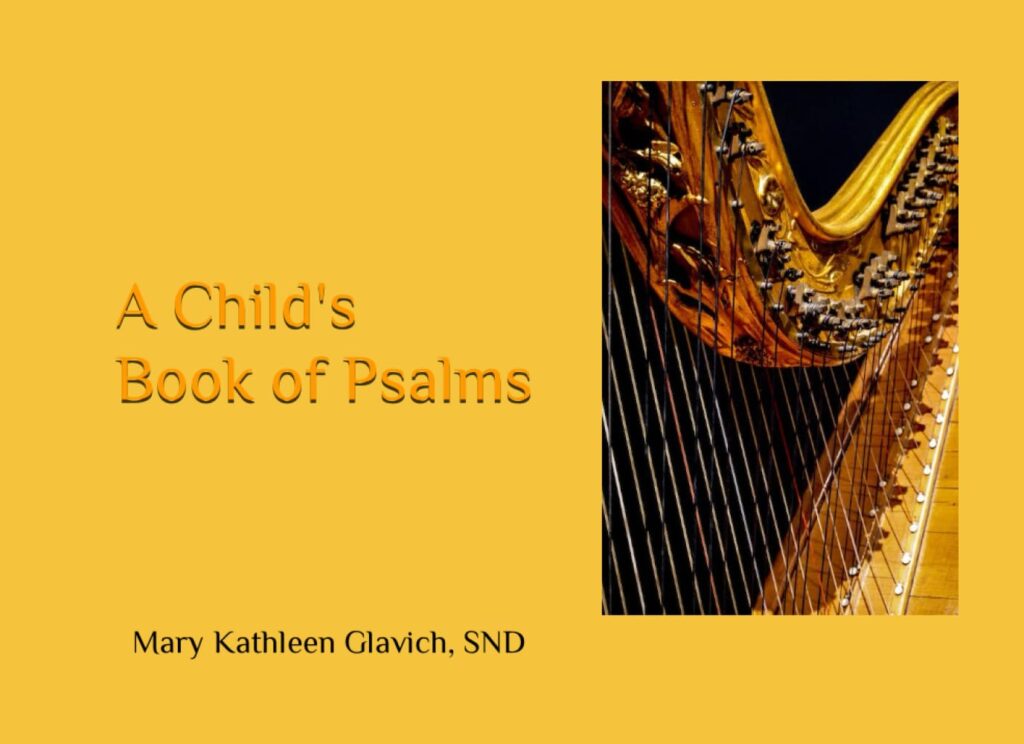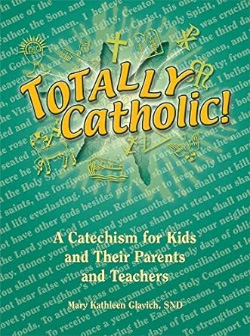
Did you know that we pray to St. Anthony for lost articles because he once lost his Psalter and it was returned? At every Mass we pray a psalm. Why do we Christians pray these Jewish prayers? For three reasons: 1. They are in the Bible, which means God gave them to us. 2. Jesus and Mary prayed them. 3. And they express the deepest feelings of human beings. Dorothy Day stated, “My strength returns to me with my morning cup of coffee and reading the psalms.” St. Augustine said, “My Psalter is my joy.” But sadly for many people, the psalms remain an unopened gift. Here are some facts to pique your interest in them. You’ll find more in my book The Catholic Companion to the Psalms, including ways to pray them.
Psalms, the Bible’s longest book, contains 150 psalms. All praise God, and all are Hebrew poetry full of beautiful figurative language. For example, Psalm 56:8 presents God as lovingly gathering our tears in a bottle. Some psalms are alphabetic; each verse begins with a consecutive letter of the Hebrew alphabet. In Psalm 119, the longest psalm, each stanza’s eight verses all begin with the same letter! Psalms were sung on the way to the Temple and in elaborate arrangements as part of the services there. Many of our hymns are based on psalms. In the psalms we thank God and ask his forgiveness, but we also complain to him about our troubles such as sickness, old age, and a friend’s betrayal.
Martin Luther called the Psalms the Bible in miniature. They summarize God’s saving action in the past and hint at the coming Messiah. Christians “baptized” psalms by praying the Glory Be (a Trinitarian prayer) at the end of them. And in the Divine Office (the Church’s official prayer), each psalm is followed by a psalm prayer that links its themes to Christian beliefs.
You might wonder how we can pray the “cursing” psalms that call on God to bring horrible punishment on enemies. We pray them understanding that they were composed during a violent, bloody time when the Hebrews fought people who worshiped pagan gods. The Hebrews saw themselves as champions of the true God. Besides, they were relying on God to deliver the punishment, not themselves. These psalms also served to teach their children how severe their suffering was when the holy city of Jerusalem was destroyed. Ron Rolheiser points out that if we are honest, our hearts sometimes contain negative feelings and the earthy realism of the psalms expresses how we actually feel. A suggestion is to pray the cursing verses thinking of spiritual enemies: your evil tendencies, evil in general, sin, and Satan or a physical enemy like cancer.
One way to pray a psalm is to paraphrase it. You might try putting Psalm 23, the Good Shepherd psalm in your own words.
Is there a psalm that has special meaning for you? Why?







